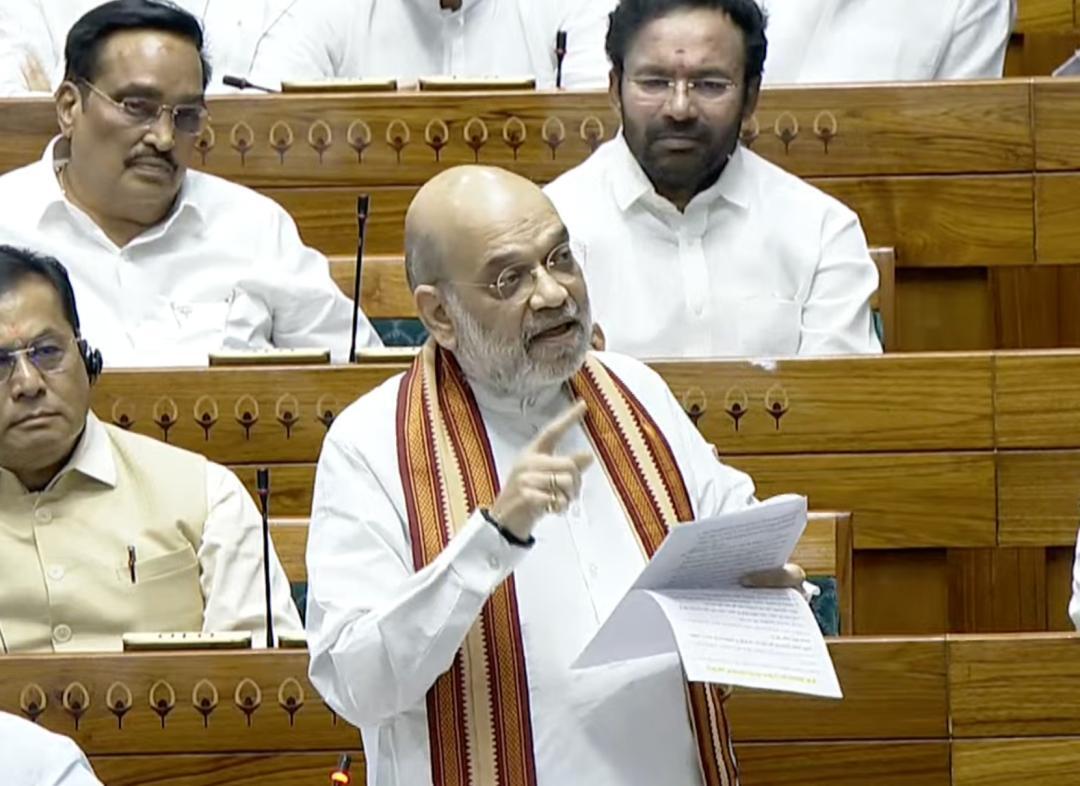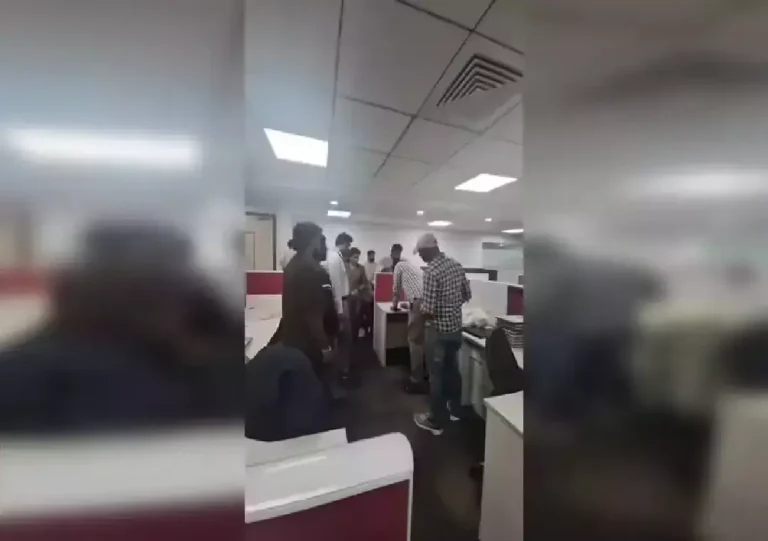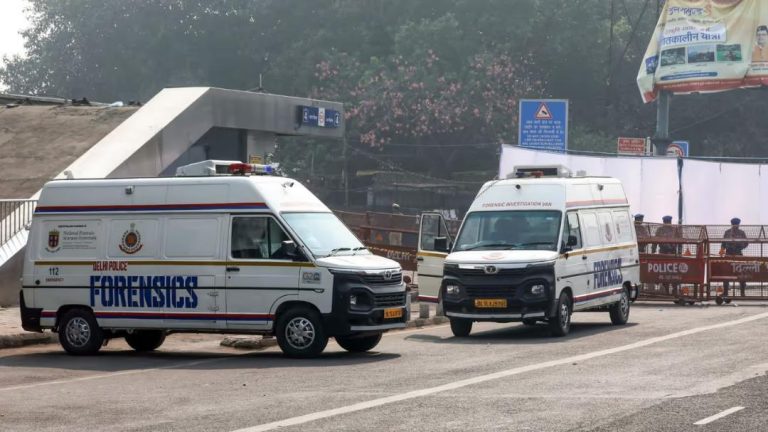
What did J&K locals arrested for housing Pahalgam terrorists tell government?
On April 12, 2022, a terrorist attack on a tourist bus in Pahalgam, Jammu and Kashmir, left several injured and one dead. The attack sent shockwaves across the country, and the government launched a probe to uncover the truth behind the incident. Recently, Union Home Minister Amit Shah made a startling revelation in the Lok Sabha, stating that two locals arrested for housing the terrorists involved in the attack shared crucial information with the government. In this blog post, we will delve into the details of what these locals allegedly told the government and what it means for the ongoing struggle against terrorism in Jammu and Kashmir.
According to Amit Shah, the two arrested locals, whose identities have not been disclosed, revealed that the terrorists involved in the Pahalgam attack reached their hut, located 2 kilometers away from the Baisaran Valley, on April 21. The terrorists were allegedly armed with AK-47 rifles and M9 Carbines, and two of them were wearing black outfits. Shah shared this information in the Lok Sabha, stating, “Terrorists had AK-47 and M9 Carbine. Two wore black outfits.”
The locals also claimed that the terrorists spent some time at their hut, consuming food and tea, and even took some essentials like salt, chillies, and masalas with them when they left. Shah’s statement suggests that the terrorists had planned the attack in advance and had used the local’s hut as a safe haven before carrying out the attack.
The revelation has raised several questions about the extent of the support that terrorists receive from local populations in Jammu and Kashmir. While the government has long maintained that terrorism in the region is a joint effort between Pakistani-backed militant groups and local sympathizers, this information provides concrete evidence of the involvement of local residents in terrorist activities.
The Pahalgam attack was just one of several terrorist incidents that have taken place in Jammu and Kashmir in recent months. The region has been plagued by violence and unrest, with both Indian security forces and terrorist groups locked in a bitter struggle for control.
The involvement of local residents in terrorist activities has long been a concern for the Indian government. In recent years, the government has launched several initiatives aimed at weaning local youth away from terrorist ideologies and promoting economic development in the region.
In 2019, the government launched the District Development Council (DDC) elections, aimed at providing a platform for local residents to participate in the democratic process and take ownership of their development. The elections were seen as a major success, with high turnout rates and a sense of renewed hope among local residents.
However, despite these efforts, terrorist groups continue to find support among local populations. The Pahalgam attack is a stark reminder of the challenges that the government faces in combating terrorism in the region.
The revelation that local residents were involved in housing the terrorists involved in the Pahalgam attack also raises questions about the effectiveness of the government’s counter-terrorism strategy. The government has long maintained that it is taking a tough stance against terrorism, but the involvement of local residents in terrorist activities suggests that more needs to be done to address the root causes of terrorism in the region.
In conclusion, the revelation that local residents in Jammu and Kashmir were involved in housing the terrorists involved in the Pahalgam attack is a stark reminder of the challenges that the government faces in combating terrorism in the region. The involvement of local residents in terrorist activities is a complex issue that requires a nuanced and multi-faceted approach to address.
To combat terrorism effectively, the government must address the root causes of terrorism, including poverty, unemployment, and political unrest. The government must also work to build trust among local residents and provide them with economic opportunities and a sense of belonging.
Ultimately, the struggle against terrorism in Jammu and Kashmir will require a sustained and coordinated effort from the government, civil society, and local residents. It is only through such a collective effort that we can hope to create a safer and more prosperous future for the people of Jammu and Kashmir.
Source: https://www.youtube.com/watch






